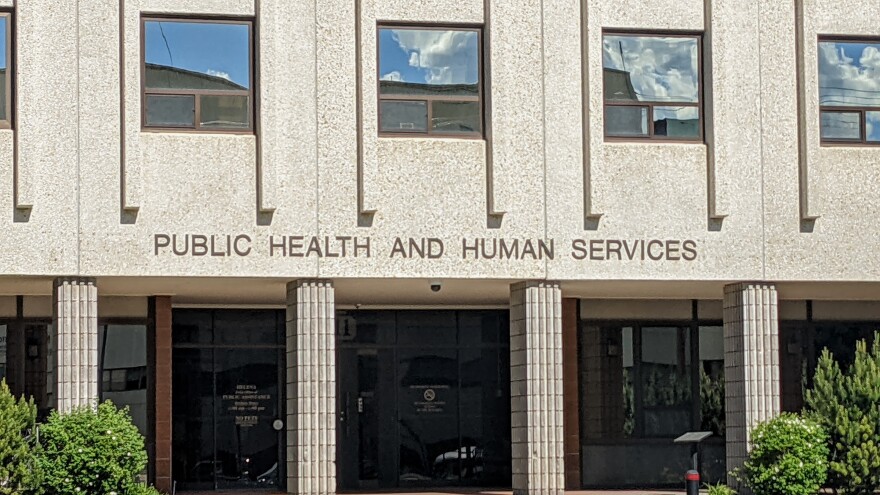Thousands are losing Medicaid coverage as the state redetermines Montanans’ eligibility. Federal officials say the state is trying to move through the process too fast, leading to procedural errors and confusion among enrollees.
The state health department says it’s processing cases in a “timely and accurate manner.”
But there are real consequences when someone is accidentally booted from the rolls.
Kelli Whithorn has spent countless hours trying to get a real person to pick up the phone on Montana’s public assistance helpline. The 42-year-old Livingston resident discovered she had lost Medicaid coverage in early July when her pharmacy billed her for prescriptions that normally cost her nothing.
“It was just like … like a punch in the gut,” Whithorn said.
Whithorn, who has congestive heart failure, has canceled doctors’ appointments and racked up more than $700 in prescriptions on her credit card in July alone.
She lost Medicaid coverage because her renewal paperwork had been sent to an outdated address.
“I feel like I was swimming with both my arms and legs, and losing the Medicaid makes me feel like they’ve cut off one of my legs, and now I’m just, like, floundering around in the water,” Whithorn said.
More than 50% of Montanans who have gone through the reassessment process have lost coverage, many because they didn’t fill out the paperwork.
Nationwide, the Kaiser Family Foundation reports millions of Medicaid cases have been closed due to paperwork problems, up to three-quarters of all terminated plans.
Federal officials are taking note, and say they could intervene in Montana and other states.
It’s hard to know exactly how many people who remain eligible for Medicaid are losing coverage because of inconsistent and delayed data, says Jennifer Wagner with the Center for Budget and Policy Priorities, a national think-tank. “But, it’s these procedural terminations where we don’t know why somebody lost coverage. We don’t know if they remain eligible, and many times, those individuals are still eligible,” Wagner said.
Wagner says Montana’s 40-minute average hold time for the help line and high rate of dropped calls could mean the state is struggling to keep pace with renewals, leading to more opportunities for mistakes.
“And so, hopefully, when we see these concerning data, it’s an opportunity to intervene and say, ‘Hey, here are some options that you haven’t taken. Let’s get things straightened out,’” Wagner said.
If things don’t improve in Montana, the Centers for Medicare and Medicaid Services said it could require the state to stop terminating coverage, or restore insurance to those who lost it for procedural reasons.
Andrea Melle says she’s one of thousands in Montana caught up in the Medicaid logjam.
Melle’s coverage has been renewed, but she’s still waiting to hear whether her two adult children with autism will still be covered.
They should have automatically been renewed, but she says paperwork errors have led to hours waiting on the phone and multiple trips to a public assistance office.
“I am waiting, and it’s so stressful. I’m blessed that I have Medicaid, but it shouldn’t be this difficult,” Melle said.
Montana health department spokesperson Jon Ebelt said the department is working to reduce call center wait times by boosting staffing.
The state health department admits that a small proportion of people are losing coverage due to mail issues, but contends that most people who don’t return paperwork would no longer qualify.
Ebelt also says the department sent text messages to Medicaid enrollees most likely to have a new mailing address.
Back in Livingston, Whithorn’s mission to speak with a health department representative once again ended in failure. After about a half-hour wait, she scheduled a call for a week later.
“Knowing that I’m not alone, like, it helps a little bit, but it also hurts. This should not be happening. People should not be losing the ability to care for themselves,” Whithorn said.
Whithorn will be able to ask for retroactive coverage of medical expenses, but she’ll still be responsible for the interest accruing on her card. And, she says nothing will replace the canceled doctor’s appointments she depends on to stay healthy.


